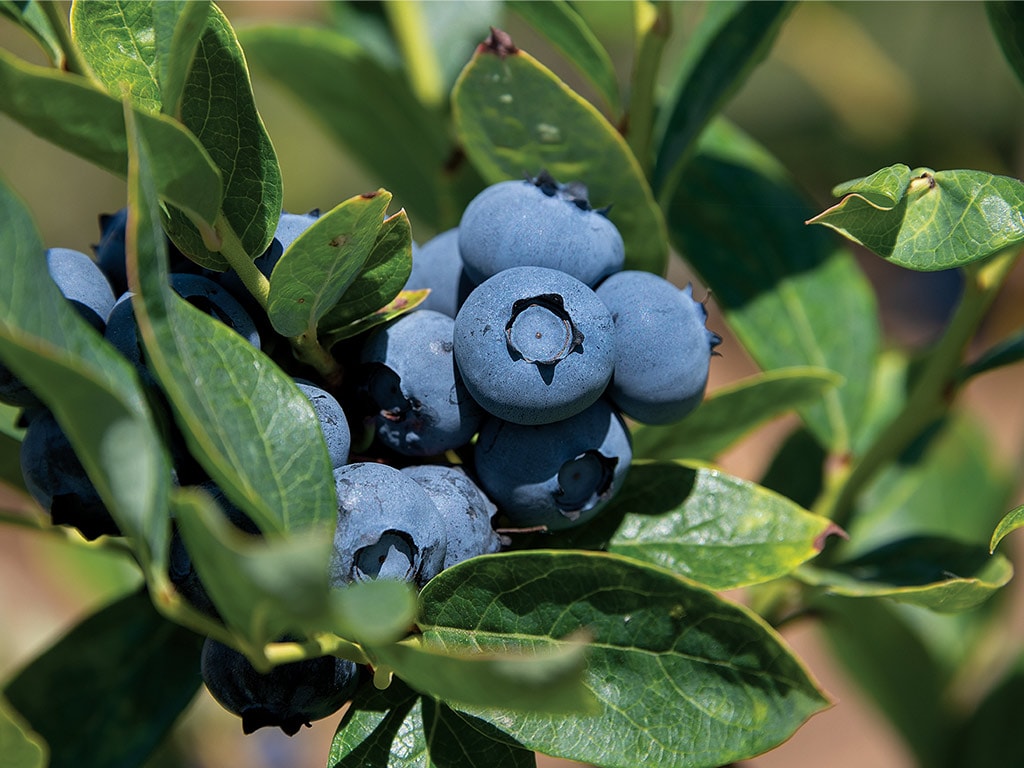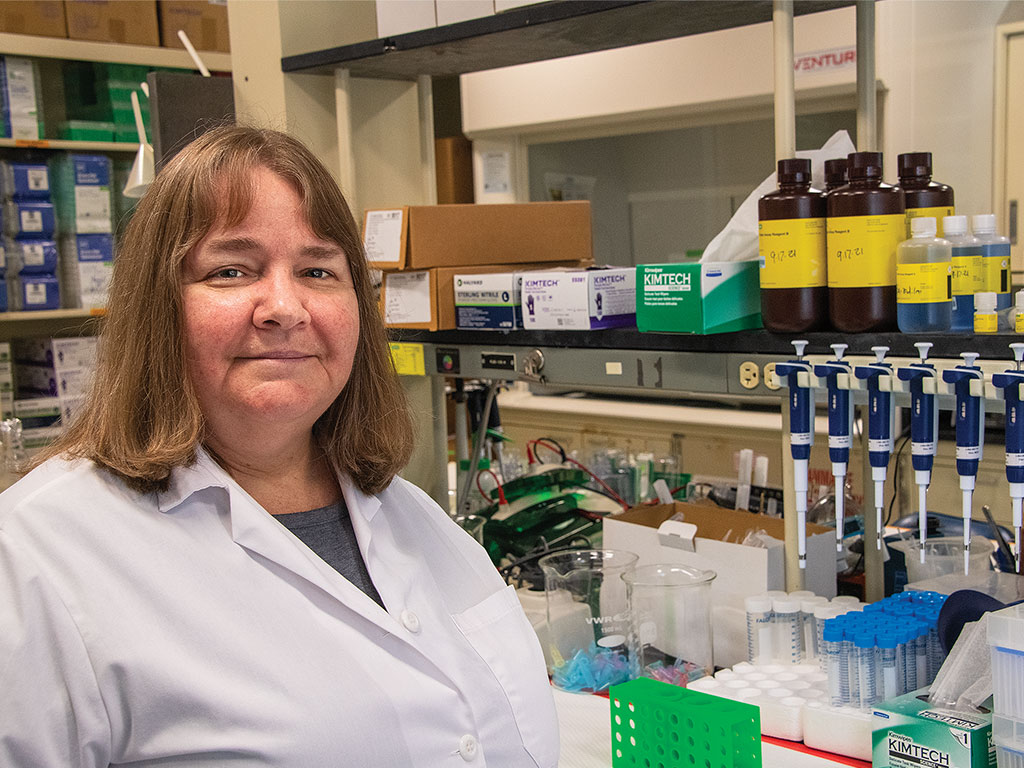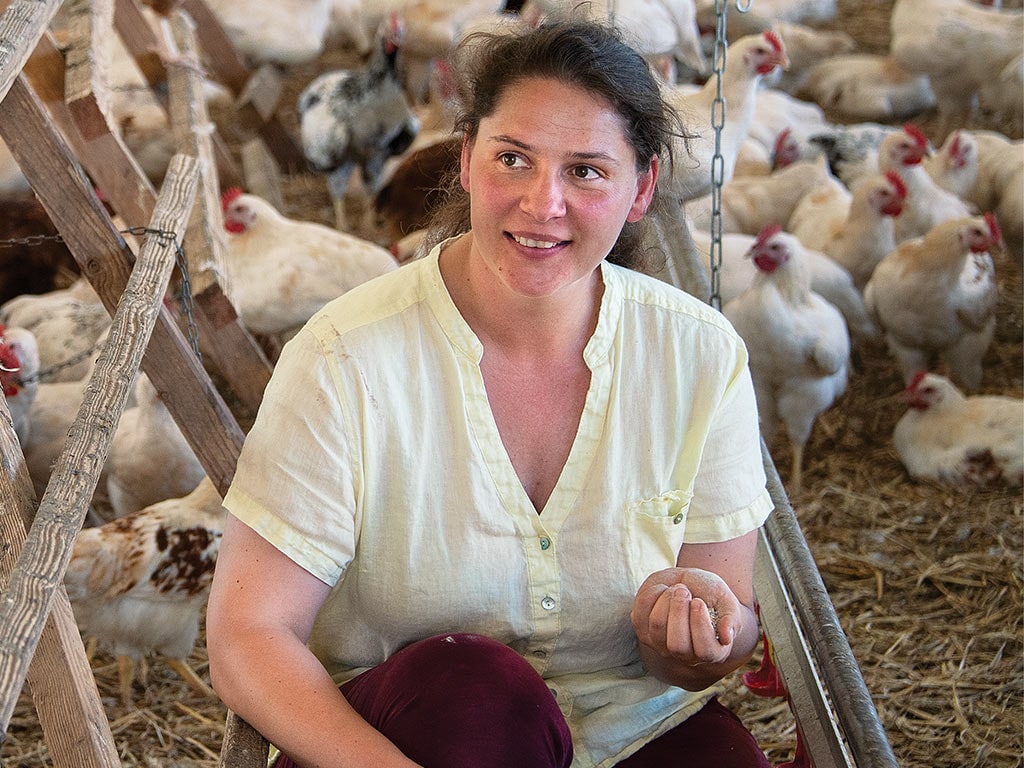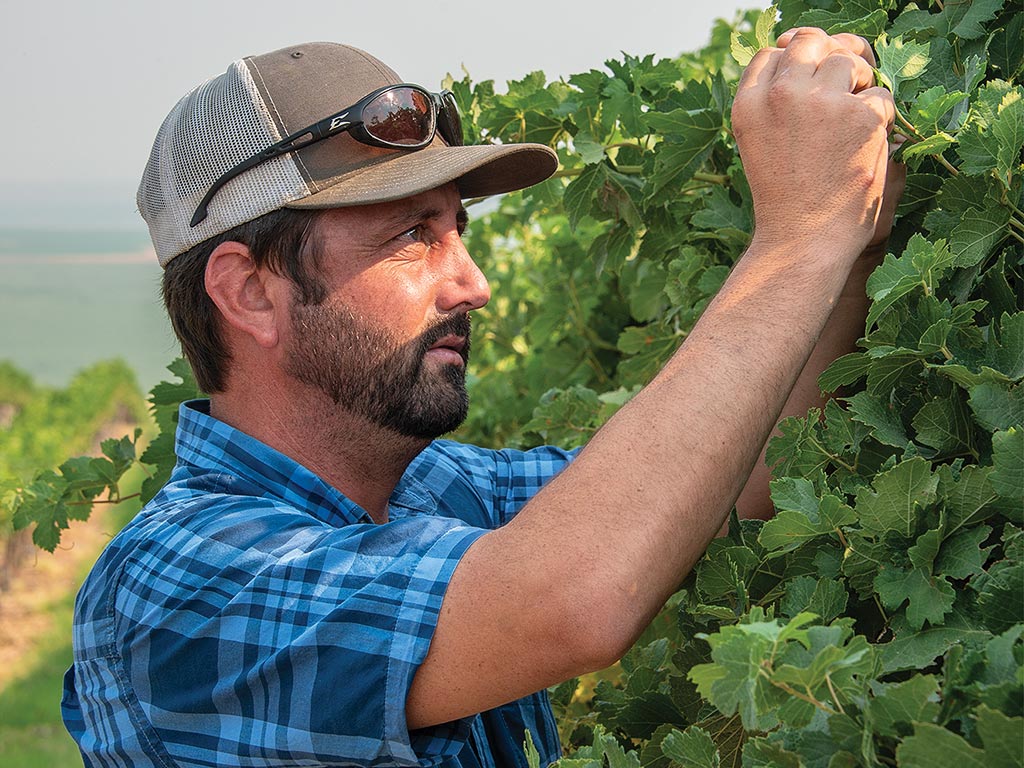Agriculture, Education February 01, 2024
Your Top Tool
.
The most important tool in your shed is the one in your head. Keep it sharp.
No matter how new your combine or how high-tech your seeder, your most intricate and valuable tool is the one between your ears: your brain. Ironically, most people spend much more time and effort attending to their mechanical and electronic tools than to their brains.
Bad move, says agricultural engineer and safety and health expert John Shutske at the University of Wisconsin.
"Your body is like a machine," Shutske explains. "If you don't take care of it, it's not going to perform. It's going to break down earlier. You're not going to be maximally productive and efficient, and you're not going to make good decisions."
Like a machine, your brain needs fuel. It needs to run at a healthy rate, without too much time revving in the red. It needs to cool down periodically, as well as scheduled maintenance.
Perhaps the most miraculous thing about your brain is that unlike a machine, it can actually maintain itself and even rebuild damaged areas—as long as it's fed and treated properly.
Stress cycle. Understanding stress is like reading the owner's manual to your brain. Stress your brain and it will release adrenaline and cortisol to pour on the gas—in the form of increased heart rate, blood pressure, and blood sugar—so your body can fight a challenge or run away from it.
Chronic stress keeps blood pressure and blood sugar high. An outstanding TED Ed video on a University of Wisconsin website (bit.ly/WI-Stress) describes how chronic stress causes activity and neural connections to ramp up in the amygdala, the brain's fear center.
Meanwhile, electrical signals and new cell growth slow down in the hippocampus, which is the center of learning, memory, and stress control. Your prefrontal cortex, the center for decision-making, judgment, and concentration, actually shrinks. (Has anybody ever told you when you're stressed that you are making dumb decisions and acting like a child? That's because stress reduces access to the prefrontal cortex, the same area that's still forming in kids, says Shutske. It also helps explain why stress makes people more prone to accidents.)
Stress can also act like an infection or chronic disease by predisposing the brain to inflammation, an immune response that can result in headaches, memory lapses, or even depression. Chronic inflammation can lead to cognitive impairment and memory loss.
"Your synapses [where neurons meet and exchange signals] can lose connectivity," notes Barbara Shukitt-Hale, a USDA Agricultural Research Service research psychologist at Tufts University in Boston. "You could damage the receptors so the brain can become less plastic, more rigid, with time."
Brains burn energy at about 20% of our resting metabolic rate, so they demand a steady stream of fuel. As with engines, the quality of fuel can make a huge difference in performance.
Above. Blueberries reduce inflammatory response in the brain and can help increase new neuron growth, boost the brain's ability to clean itself, and improve brain function. USDA-ARS researcher Barbara Shukitt-Hale has conducted pioneering studies of the impacts of anthocyanin-rich foods on brain function. "If you can replace a few bad foods with a few healthy foods, that's going to go a long way," she says. A healthy brain helps stay on top of complex systems like livestock production. Relaxation is restorative to brains. The human brain's ability to recognize patterns makes it a remarkable tool for spotting symptoms of disease or damage in crops. Good brain health improves coordination.
Cleanup. Shukitt-Hale says she and other researchers feed lab animals a high-fat diet when they want to decrease their cognitive performance. She and her colleagues have also demonstrated that some foods can boost brain function, improve the process of cleaning out proteins and cellular matter that accumulate in the brain, and even help the brain renew itself. Some superstar brain foods include strawberries, spinach, and walnuts, though much of the research has been done with blueberries.
"One of the things we found is that if animals are fed blueberries, they have more neurogenesis, which is the making of new neurons," she says. "We also found eating blueberries increases autophagy, the ability to get rid of junk in your brain."
Sleep also plays a vital role in the brain's repair process, adds Shukitt-Hale. That means skipping sleep during stressful periods like planting and harvest doesn't give your brain the chance to clean itself out.
It also indicates that sleep apnea and other sleep disorders may wear away at your brain like metal shavings circulating in your engine oil.
Maintenance. Based on research by Judith Moskowitz at Northwestern University, Shutske and his colleagues developed WeCOPE, practices to help improve mental and physical health. In essence, WeCOPE's 11 steps represent a schedule of brain maintenance.
The 11 steps are detailed online at bit.ly/UW-WeCOPE. Shutske says many of them simply involve taking a few moments to engage in positive behaviors that actually change brain function and chemistry.
"When you are doing things that make you feel good, you release positive chemicals in your body, and that has some counterbalancing or counteractive effects to stress hormones," Shutske says. "The most obvious one that people talk about a lot is exercise, but also doing something that's helpful for another person, noticing positive events, expressing gratitude, or having a good conversation with a friend or your spouse or partner before bedtime.
"We're talking 30 seconds or 45 seconds—just moments in your day," he points out. "I would argue that you don't have the time not to do it." ‡
Read More

AGRICULTURE, EDUCATION
All Work and No Play…Is No Joke
Embracing fun, community, music, and creativity grows resilient farm families at all ages and stages.








